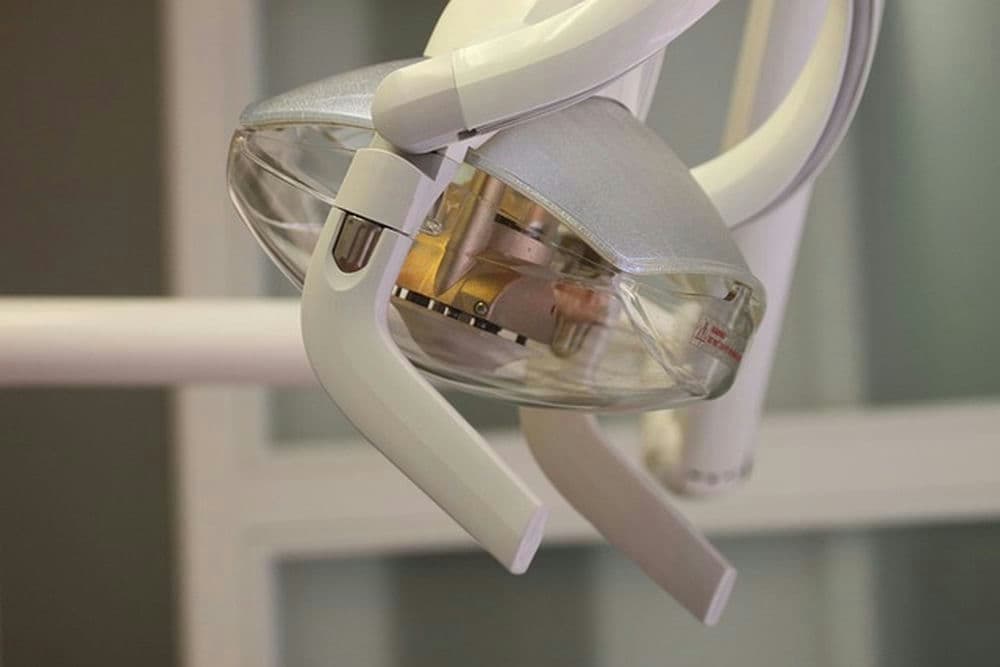Pages
full arch dental implants cost
2/3/2023

Some scientific conditions change the advice and information that we need to come up with. SmokingWe strongly put forward that you try to quit smoking and remain a non-smoker in the long term. This lowers your risk of a few complications with dental implants. For help to give up smoking, please speak for your nurse or call our stop smoking provider on 020 7188 0995. Benefits of dental implantsYou have dental implants when your dentist doesn't want to put crowns (caps) on healthful teeth. Implants also are useful if dentures or bridges can be difficult or impossible as a result of there are no appropriate teeth or gums to support them.
Dental implants have full chewing power and implant-supported bridges or dentures also considerably augment the chewing power. Dentures may click while eating. With implants or implant-supported dentures, there’s no stressful clicking sound. Dentures don’t deliver the stimulation needed to stay away from bone loss. The jawbone must have the stimulation of high-force chewing to keep its volume. Implants ensure no jaw bone is lost. Progressive bone loss on account of dressed in dentures can cause facial collapse. Over the years bone loss may cause the collapse of the lower third of your face, growing excessive wrinkles, sagging skin and jowls, thinning lips and a sunken-in look. This can considerably age a man’s look. Implants steer clear of bone loss. Dental Implants vs.
one day full mouth dental implants cost
1/25/2023

)In addition, dental implants can’t get cavities. (But they’re not invulnerable to gum disorder, so it’s still vital to practice good oral hygiene. )What are the risks or complications of dental implants?Like any surgery, dental implant placement contains the capabilities for complications. Possible risks include:Infection. Sinus damage. Nerve damage.
Next, your healthcare professional will cautiously place the dental implant into your jaw. Close the incisions. Finally, your physician will reposition your gums and close the incision with stitches. The steps for dental implant placement are commonly a similar for all and sundry. But sometimes, a medical professional can place a dental implant and recovery (like a crown or bridge) multi function visit. Most of the time, although, you’ll need a few months for the implant to heal before your dentist can safely place a final healing.
snap in dental implants
2/14/2023

These dentists are specialists, experts or postgraduate scholars. A consultant is responsible for your care, but greater than 1 dentist might treat you. Having a dental implant usually involves 3 or 4 stages:A pre-operative assessment. Bone grafting (a manner to increase the amount of bone in your jaw for supporting the implant). Not every person needs this. Putting in your implant.
They can:Improve speech and chewing capacity. Enhance the look of your smile. Secure permanent or detachable bridges and dentures. Provide teeth replacement dental-implants-cost.html">with out altering (shaving down) your neighboring teeth. (This is critical for dental bridges. )In addition, dental implants can’t get cavities. (But they’re not invulnerable to gum sickness, so it’s still critical to follow good oral hygiene. )What are the risks or complications of dental implants?Like any surgery, dental implant placement includes the knowledge for complications. Possible risks include:Infection. Sinus damage. Nerve damage.
dental implants cost full mouth restoration
2/19/2023

)Brush and floss day after day. Clean the implant site as directed by your health practitioner. What are the advantages of dental implants?Dental implants offer a wide range of benefits. They can:Improve speech and chewing skill. Enhance the look of your smile. Secure permanent or detachable bridges and dentures.
The major benefit of implants is solid support to your new teeth — a process that calls for the bone to heal tightly across the implant. Because this bone healing calls for time, the procedure can take many months. Dental implants are surgically placed in your jawbone, where they function the roots of missing teeth. Because the titanium in the implants fuses with your jawbone, the implants won't slip, make noise or cause bone damage the style fixed bridgework or dentures might. And the parts can't decay like your personal teeth that assist general bridgework can. In everyday, dental implants may be right for you if you:Have a number of missing teethHave a jawbone that's reached full growthHave enough bone to secure the implants or are in a position to have a bone graftHave healthy oral tissuesDon't have health conditions that will affect bone healingAre unable or unwilling to wear denturesWant to improve your speechAre willing to commit several months to the processDon't smoke tobaccoLike any surgical procedure, dental implant surgery poses some health risks. Problems are rare, though, and once they do occur they're typically minor and easily handled. Risks come with:Infection at the implant siteInjury or damage to surrounding constructions, such as other teeth or blood vesselsNerve damage, which can cause pain, numbness or tingling on your natural teeth, gums, lips or chinSinus issues, when dental implants placed in the higher jaw protrude into one of your sinus cavitiesHow you prepareThe making plans process for dental implants may involve a number of specialists, including a physician who focuses on situations of the mouth, jaw and face (oral and maxillofacial health practitioner), a dentist specializing in treating buildings that aid tooth, comparable to gums and bones (periodontist), a dentist who designs and fits artificial teeth (prosthodontist), or from time to time an ear, nose and throat (ENT) expert. Because dental implants require a number of surgical processes, you have to have a thorough evaluation to prepare for the procedure, including a:Comprehensive dental exam. You may have dental X-rays and 3D images taken, and feature models made of your teeth and jaw. Review of your medical history.